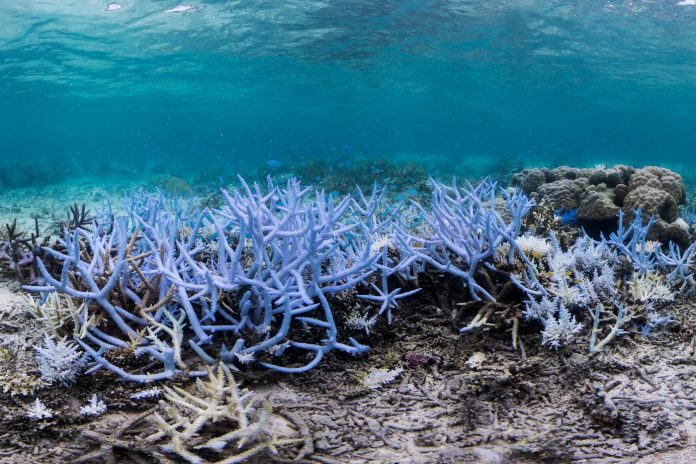Coral reefs are some of the most ecologically and economically valuable ecosystems on our planet. Covering less than 0.1 per cent of the world’s ocean, they support over 25 per cent of marine biodiversity and serve at least a billion people with a wide range of ecosystem services such as coastal protection, fisheries production, sources of medicine, recreational benefits, and tourism revenues.
However, they are also on the frontline of the climate crisis due to their sensitivity to warming seas. As much as 50 per cent of our coral reefs have already been lost. According to recent reports by the Intergovernmental Panel on Climate Change (IPCC), up to 90 per cent of coral reefs could be lost by 2050, even if warming is limited to an increase of 1.5°C.
We can’t afford to lose this valuable ecosystem. As we strive to accelerate climate action to halt global warming, there is great urgency to protect our remaining reefs. How to do this is the subject of a new report by the United Nations Environment Programme (UNEP) and the International Coral Reef Initiative (ICRI), which concludes that well-planned, well-funded and long-term coral reef restoration can be a useful tool to support coral reef resilience.
The report entitled Coral reef restoration as a strategy to improve ecosystem servicesaims to assist practitioners, managers, and decision-makers to consider whether and how to use coral reef restoration as a strategy to protect coral reefs locally, regionally and globally.
“Given the limited spatial scale, high costs, and limited evidence for long-term, ecologically relevant success, the necessity of applying coral reef restoration should be carefully thought through. ” Read more…



